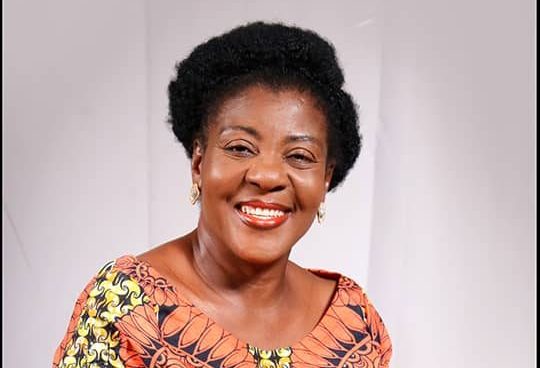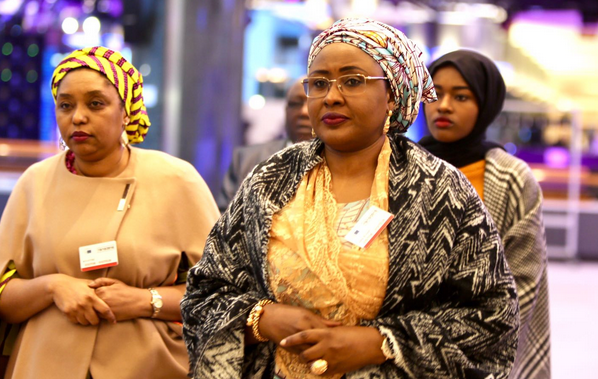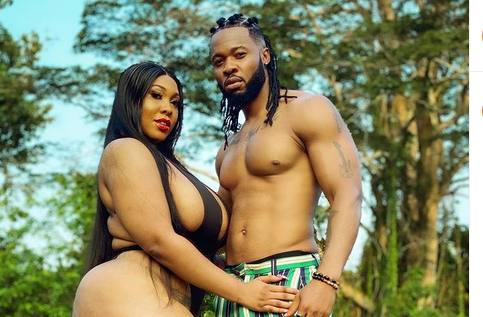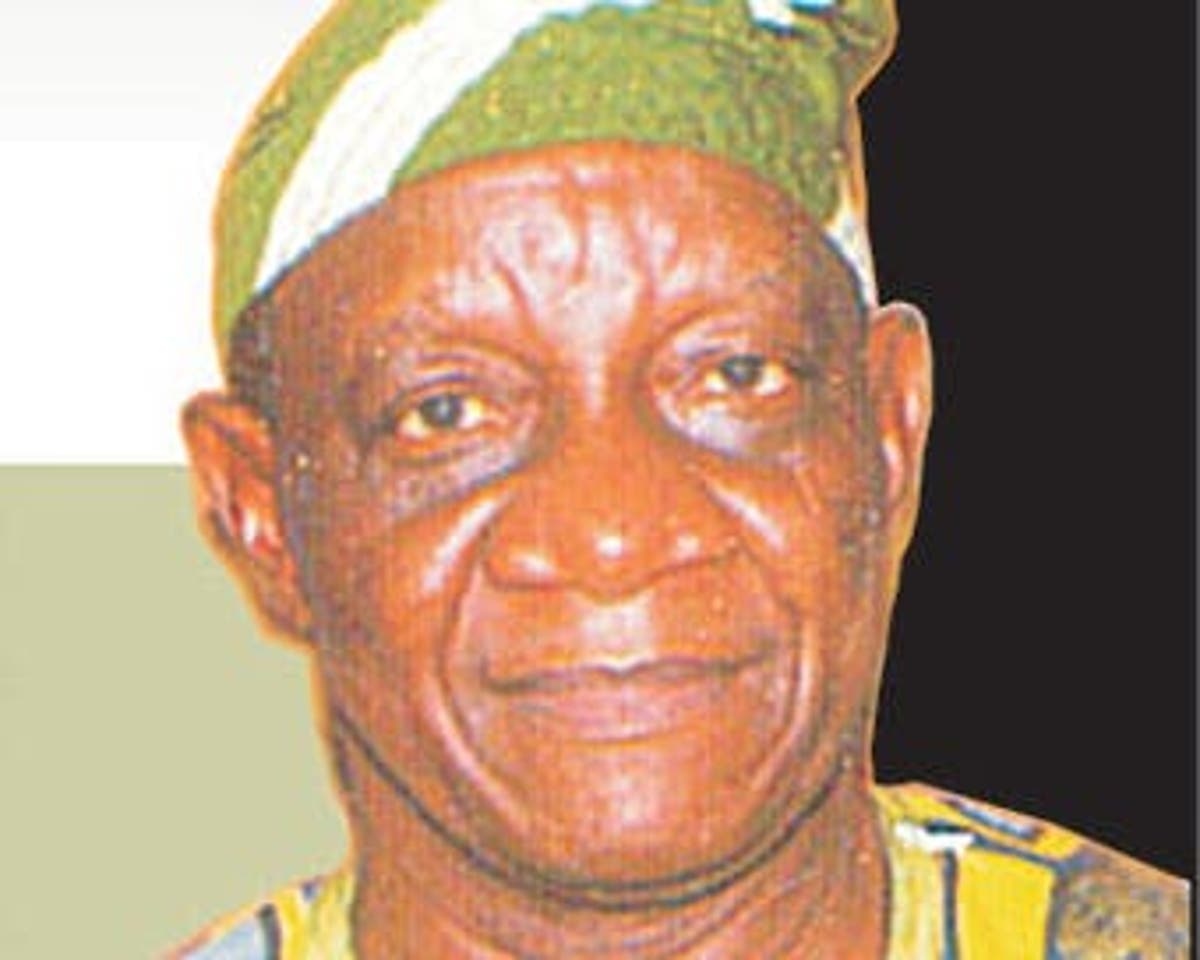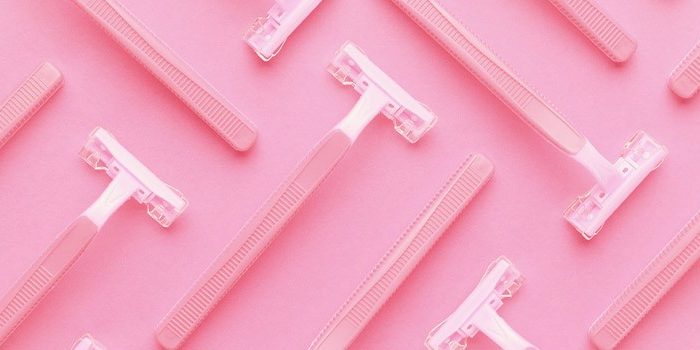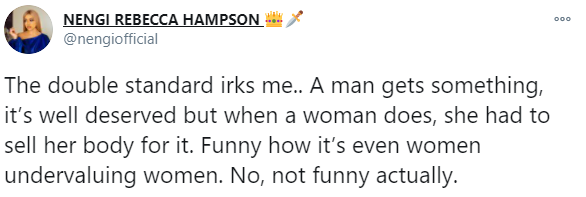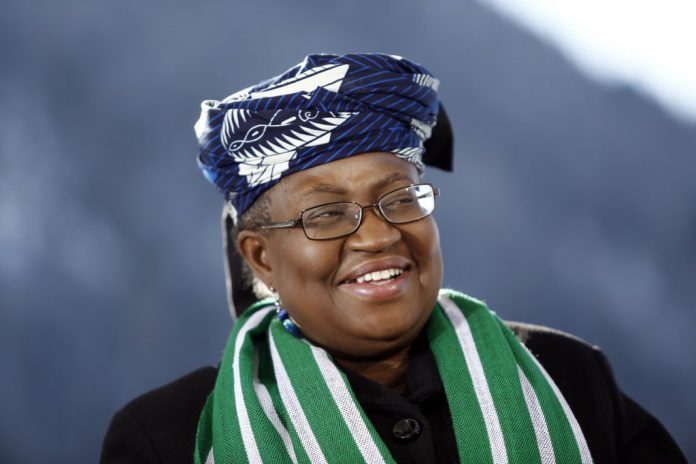Ozioma Onyenweaku
The choice of Choose To Challenge as the theme for 2021 International Women’s Day’s celebration is quite apt. unless an undesirable status quo is challenged, it never changes for good. Every progressive change ever made in different aspects of life has been as a result of someone or some people challenging the existing one. So it is quite instructive, therefore, to call for a challenge in any area we desire a change. Today we do well to challenge domestic violence in Nigeria, in Africa, and world over.
Domestic violence, particularly against women in Nigeria and all other African countries is a problem deep rooted in culture and social norms; social norm that accepts the hitting of woman a form of discipline.
Granted anybody can be a victim of domestic violence, but traditionally and more often than not, domestic violence is committed against women and children. Common forms of violence against women in Nigeria are rape and other forms of sexual abuse, acid attacks, molestation, wife beating, harmful traditional practices, emotional and psychological violence.
Domestic violence cuts across race, ethnicity, and geographical location; it respects no class, age, or social status.
In some cultures, it is not usual for women to speak up in public, and so many female victims of violence suffer in silence.
Being culturally and socially tolerated, domestic violence against women grew to an unprecedented level in Nigeria leading to many deaths.
Before now, domestic violence was treated solely as family issue and private to the family; and not to be handled or looked into by any external person or body. So, perpetrators of domestic violence were left on the prowl as they were never prosecuted. And, of course,there were no legislations protecting anyone from domestic abuse.
It was only when voices started raising against it that the government started taking action. Lagos State blazed the trail with passing into law the Lagos State Protection Against Domestic Violence Law, PADVL 2007. The federal government on its own passed The Violence Against Persons Prohibition Act of 2015, which prohibits female genital mutilation, harmful widowhood practices, harmful traditional practices and all forms of violence against persons in both private and public life. This, of course, is applicable only in the federal capital territories. States are to pass same into their State’s respective laws in order to be operative in those states.
Following the federal Act, Oyo state, in 2016, passed its own laws against violence; followed by Kaduna state in 2018, Anambra State in 2018, Enugu State in 2019, Bauchi State in 2020, and the latest being Abia State on October 1st 2020.
These laws will remain laws on the paper if people particularly victims of domestic violence do not break the silence culture, and stand up against the violence by speaking out.
In some cultures, it is not usual for women to speak up in public, and so many female victims of violence suffer in silence. To such women, I say, the world has now moved forward. There are laws now protecting you; so all you need do is speak out, and die not in silence.
We all have a duty, a social responsibility, to challenge domestic violence against women and violence of any sort. In as much as none should be encouraged to leave her marriage, please do not stigmatize any woman for leaving abusive marriage. Many have lost their lives for fear of this stigma.
No woman would like to leave her marriage except her life or mental health is in danger. The report from the Lagos State Domestic and Sexual Violence Response Team DSVRT shows that most of the women who had been there only wanted the violence to stop; and were not consider leaving their husbands. Women cherish and treasure their marriages. But where the marriage presents danger to her life and health, and she leaves, why should she be condemned and stigmatized?
Many families, particularly the woman’s family, prefer family image to the life and health of their daughters. That is why most of the time, when a woman runs from abusive marriage, her parents would tell her to go back so as not to bring shame to the family. We must stop all these.
I appreciate the Abia state governor’s wife, Deaconess Nkechi Ikpeazu for pushing tirelessly for the passing into law the Violence Against Persons Prohibition, VAPP, law in Abia State which became a reality on 1st October 2020;Also, Chief Steve Mpamugo, for showing zero tolerance for domestic violence against women within his Local Government. His prompt action in the recent case of the woman almost battered to death in his local government area is well appreciated. Thank you, youths of iIkwuano Local government area, for choosing to challenge domestic violence against women in your area. We are following through on the case on ground.
May we, all of us, choose to challenge domestic violence against women.
